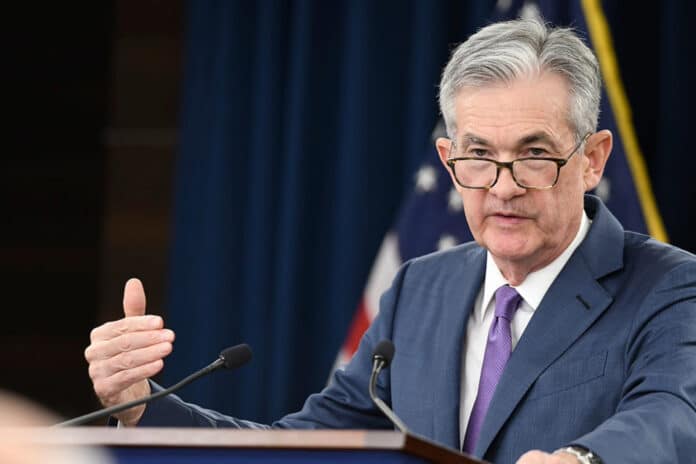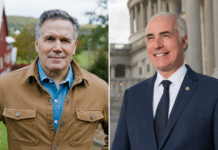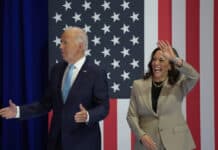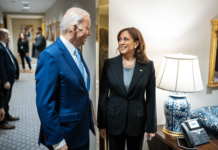
(Daily Caller News Foundation) — Inflation ticked down in January year-over-year but nevertheless exceeded expectations as officials at the Federal Reserve continue to consider cutting interest rates from their 23-year high, according to the latest Bureau of Labor Statistics (BLS) release on Tuesday.
![]()
The consumer price index (CPI), a broad measure of the prices of everyday goods, increased 3.1% on an annual basis in January and 0.3% month-over-month, compared to 3.4% in December year-over-year, with expectations of 2.9% year-over-year, according to the BLS. Core CPI, which excludes the volatile categories of energy and food, remained high, rising 3.9% year-over-year in January, compared to 3.9% in December.
“While inflation is technically moving in the right direction, progress is much too slow and is being overestimated because the CPI is grossly understating many higher costs,” E.J. Antoni, a research fellow at the Heritage Foundation’s Grover M. Hermann Center for the Federal Budget, told the Daily Caller News Foundation. “It doesn’t look like the disinflation trend will continue because the money supply is growing again and has been for months. The Fed is effectively injecting liquidity behind the scenes while it publicly advertises the reduction in its balance sheet.”
The Federal Reserve chose not to lower its federal funds rate at the last Federal Open Market Committee meeting in January, keeping it in a range of 5.25% and 5.50%. The rate was put at such a high level in an effort to bring inflation, which peaked under President Joe Biden at 9.1% in June 2022, back to the Fed’s 2% target.
NY Fed: long- and short-run inflation expectations unhanged in Jan at 2.5% and 3.0% respectively, but 3-yr inflation expectations tie record-low 2.4% although inflation uncertainty continues rising: pic.twitter.com/Vnps5qyJ47
— E.J. Antoni, Ph.D. (@RealEJAntoni) February 12, 2024
Investors have been increasingly anticipating that the Fed will cut rates in 2024, with the Fed projecting that rates will be set at a median of 4.6% by the end of the year.
The U.S. added 353,000 nonfarm payroll jobs in January, far higher than the 180,000 jobs that economists expected, fueling concerns that the economy is too hot to cut rates. Gross domestic product also grew above trend at 3.3% year-over-year in the fourth quarter.
“The Fed has never once delivered on a soft landing, and this time will be no different,” Antoni told the DCNF. “Instead of a hard landing, however, it looks like Powell is opting for a no-landing scenario where he chooses inflation instead of recession.”

















